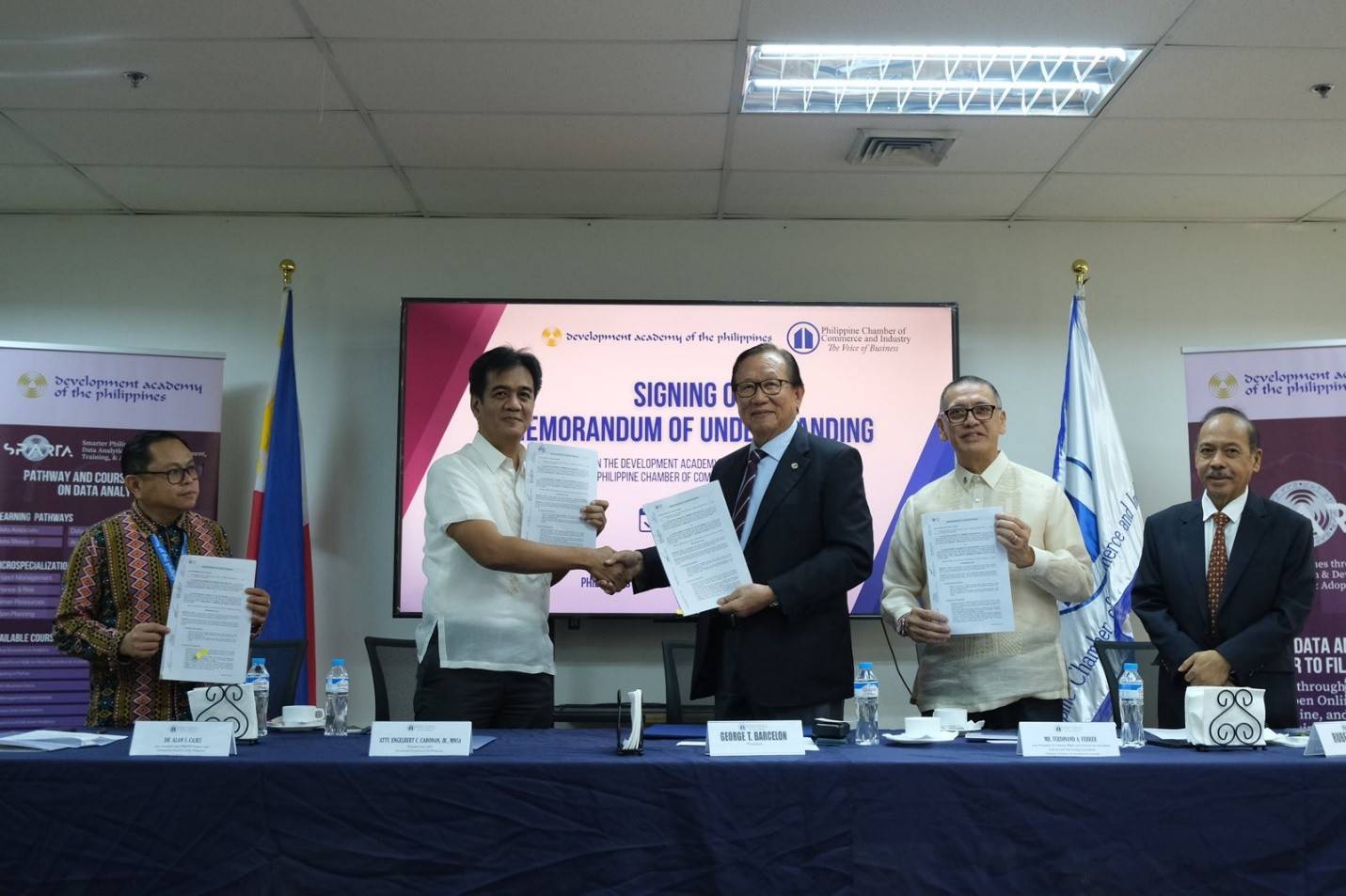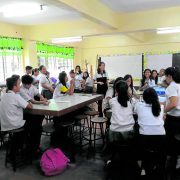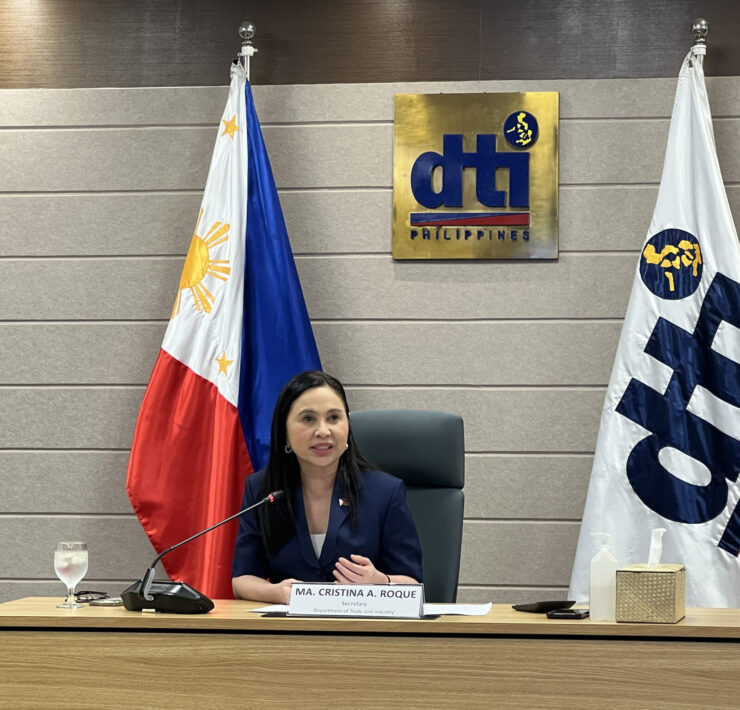What digital readiness looks like for the next generation in PH

The Philippines is at a crossroads: digital transformation is well underway, but without the right skills, the country risks falling behind. According to the latest IMD World Digital Competitiveness Ranking, the country ranks 61st out of 67 economies, with weaknesses in knowledge infrastructure and talent readiness. This highlights a critical challenge: a skills mismatch that threatens digital inclusion and economic growth.
Aligning education with industry needs
Digital readiness isn’t just about advanced skills like artificial intelligence (AI) or robotics. Foundational competencies remain a pressing concern. Recent studies reveal that many senior high school graduates struggle to apply the knowledge they’ve learned, undermining efforts to foster higher-level tech and AI literacy. This highlights the need to strengthen functional literacy as a foundation for developing more complex digital competencies.
Recognizing this, the Philippine Chamber of Commerce and Industry (PCCI) has consistently called for systemic education reform to enhance the country’s capacity to build a future-ready economy and attract investments in high-value industries.
The PCCI, through its industry representatives, is working with the Technical Education and Skills Development Authority (Tesda) to develop training programs that are aligned with current and future industry needs. It is helping Tesda to establish Skills Councils in the country. The Skills Councils are industry-led advisory bodies established to ensure that the country’s technical-vocational education and training system is responsive and relevant to the needs of industries.
It partnered with the Department of Education (DepEd) to enhance Science, Technology, Engineering and Mathematics programs and forge stronger partnerships between schools and businesses to expand on-the-job training opportunities. Modernizing curricula to align with actual workplace demands is seen as essential to closing the skills gap and ensuring long-term national competitiveness.
Under an agreement with the DepEd, PCCI’s Education and Training programs will be integrated into the Strengthened Senior High School program starting in the 2025-2026 school year, which includes work immersion opportunities to give students real industry exposure.
PCCI is likewise working with the DepEd and Commission on Higher Education on its advocacies for a modernized, competency-based curriculum focused on reading comprehension, critical thinking, numeracy, digital literacy and workplace-relevant skills and in promoting industry participation in designing and delivering literacy and functional skills programs, including through work-based learning, mentorship and school-industry linkages.
Why investing in youth skills shapes the future
For PCCI, investing in the youth is key to national progress. With a large portion of the population under 25, the Philippines holds a demographic edge that can drive growth if the next generation is equipped to thrive in modern, fast-evolving, tech-driven industries.
However, digital readiness must be inclusive. Equal access to education, connectivity and tools remains a challenge, especially in underserved areas. PCCI stresses the need for infrastructure development, teacher training and affordable digital access to bridge the divide. Equipping all Filipino youth—regardless of location—with the tools to join the digital economy is key to unlocking the country’s full human capital potential.
Building skills through hands-on experiences
To turn advocacy into action, PCCI introduced training programs on Cloud Technology, AI and Mobile Application Development in partnership with Huawei, which trained 70 youths. It was also tapped by the Development Academy of the Philippines for its Project Sparta (Smarter Philippines Through Data Analytics, R&D, Training and Adoption), where about 200 workers from among PCCI members were enrolled in Data Science and Analytics courses.
“To harness the power of our young population, we need a talent pipeline reinforced by education, mentorship and real-world experience. Human capital is the backbone of our digital future,” said Butch Guerrero, co-chair, Philippine Business Conference and Expo, and PCCI Director for Labor and Employment Services.
By aligning policy, strengthening capacity and fostering collaboration, the Philippines can ensure its youth are future-ready. “Human capital is the engine of our digital transformation. By empowering teachers, igniting student innovation, and linking schools with industry, we can build a workforce equipped for the future—skilled, confident and ready for tomorrow’s economy,” Guerrero said.
Author is chair of the PCCI Publicity Committee





















Mangroves matter